For Immediate Release (Westlake Village, CA) — Christian Solidarity International’s (CSI) project liaison for Syria was recently able to visit the country for the first time after jihadist groups overthrew the dictatorship of Bashar al-Assad in December. In Damascus, she found a “complex mix of cautious optimism and palpable fear,” in a country transformed.
During Syria’s long civil war, the Assad regime, for all its brutality, acted as a protective force for Christians, who were often targeted by jihadist groups fighting to overthrow the regime and set up an Islamic state. Many Christians feared that the fall of the regime would lead to large-scale violence and oppression against Christians. So far, those fears have not come to pass. But the situation is still tense.
Some of the victorious jihadist fighters who now patrol Damascus’s streets have begun pressuring Christian women to cover their hair and separating young couples in public. There are also alarming reports of attacks on Christian businesses, particularly those selling alcohol.
The economic situation is also dire. Fourteen years of civil war and an inhumane sanctions regime imposed on the Syria by the United States and its allies have reduced most of the country to poverty. A civil servant in Damascus earns a salary of $25 a month, while the diesel to heat an apartment in Syria’s winter costs $150 a month. For now, the sanctions remain in place, even though the former regime is gone.
On January 29, Ahmed al-Shara’a, declared himself the new president of the Syrian Arab Republic. In an address to the nation, he appeared wearing a neat Western style suit, and standing in front of the flag of the original Republic of Syria in 1930. He called on “all Syrians to participate in building a new homeland” and promised “free and fair elections.” Al-Shara was once known as “Abu Mohammed al-Jolani,” the founder of al-Qaeda’s affiliate in Syria, whose fighters long struck fear into the hearts of many Syrians, especially religious minorities. His rebels attacked Christian communities with car bombs and expelled Christians from their homes in the Idlib province. In the Christian town of Sadad, al-Jolani’s forces murdered over 40 Christians during their brief occupation of the town in 2013.
But the campaign the rebels launched in November 2024, which overthrew the Assad regime in just 11 days, was different. From its outset, they broadcast assurances to Christians that they would not be harmed, and that the “new Syria” would have a place for all Syrians, regardless of religion.
Despite their doubts, Christians in Syria are seizing the opportunity to participate in building a new Syria. In Aleppo, churches have formed an ecumenical committee to bring the priorities of the Christians to the new president. President al-Shara’a recently named a seven-member committee of five Islamist men and two women, including a Christian, to prepare for a national dialogue.
Outside of the capital Damascus, however, an orderly transition seems harder to sustain. In the countryside of Homs and Hama provinces and along the Syrian coast, former rebels are carrying out a campaign of revenge killings against their enemies. In Hama province, gunmen recently executed nine people, including two mayors and their family members.
In the northeast, clashes continue between the Turkish-backed “Syrian National Army” and the U.S.-backed, Kurdish-led “Syrian Democratic Forces”(SDF). President al-Shara’a demands that the SDF integrate into the Syrian army on his own terms; so far, they have refused.
If Syria’s fragile peace collapses and the country returns to civil war, or if the new regime seeks to build an Islamic state, the consequences for Syria’s Christians could be devastating. Church leaders estimate that over two-thirds of the Christian population has left Syria since 2011. More emigration could lead to the disappearance of one of the oldest Christian communities in the world – one that dates back to the days of the Apostle Paul.
CSI continues to advocate for the end of unjust economic sanctions on the Syrian people, and for religious freedom and dignity for all Syrians.

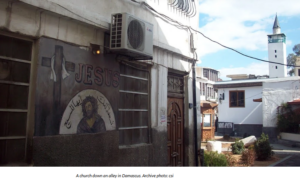
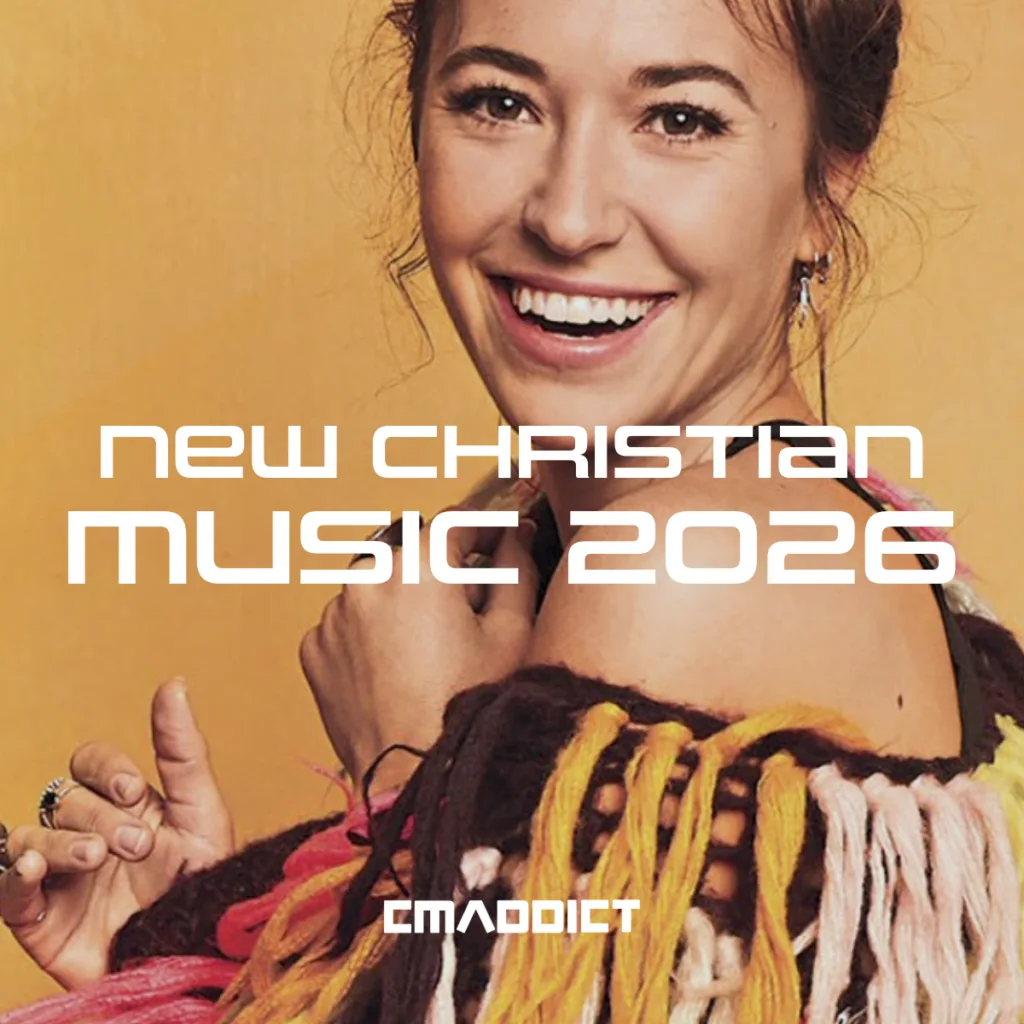


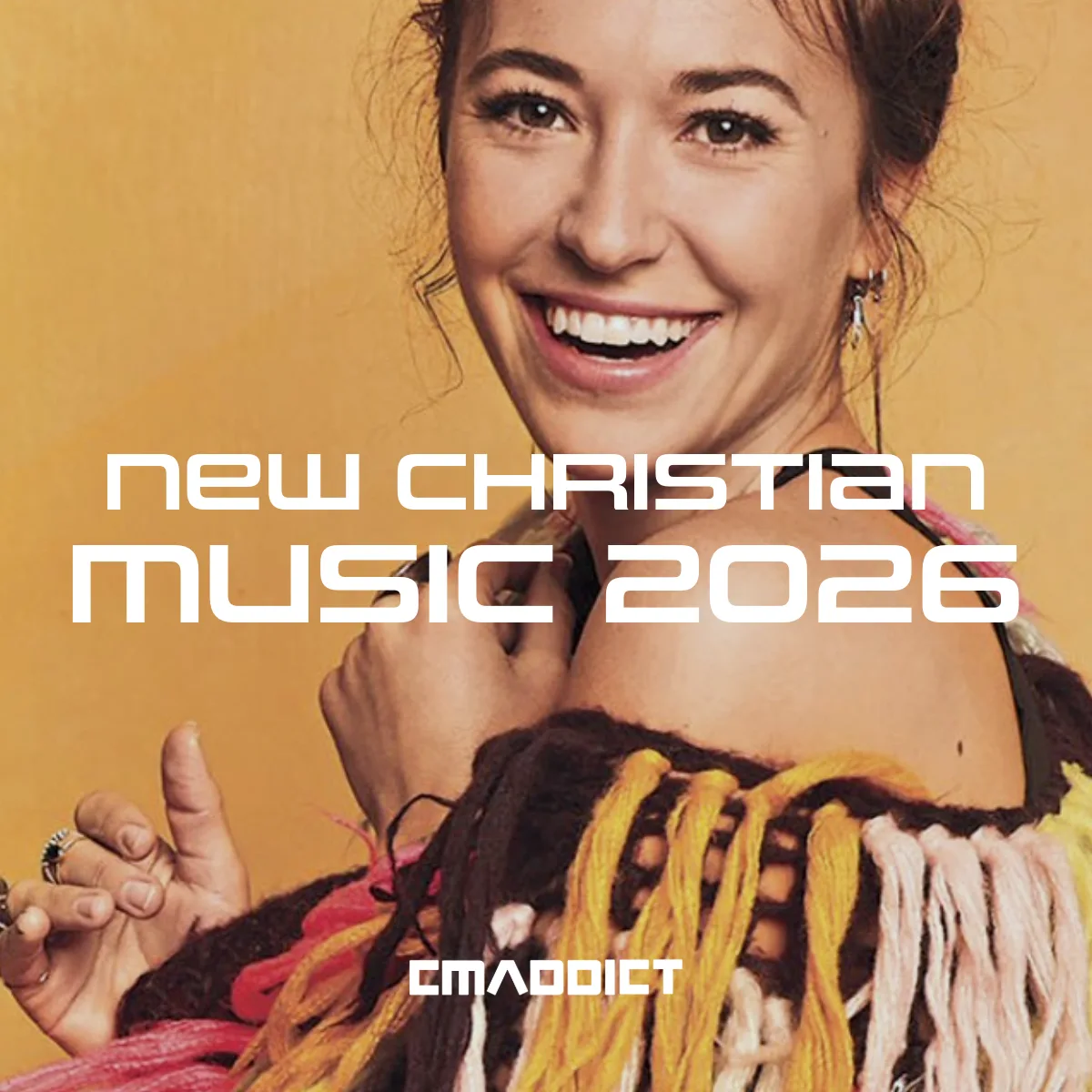



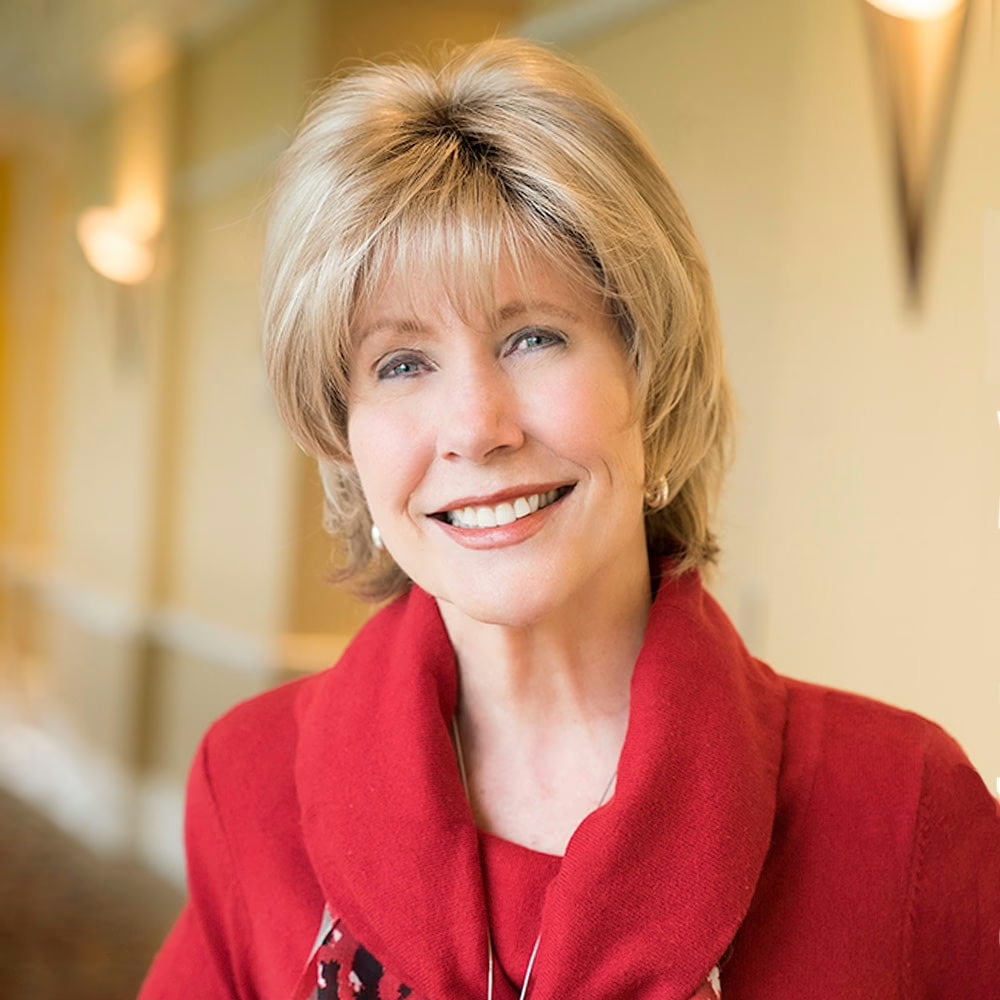

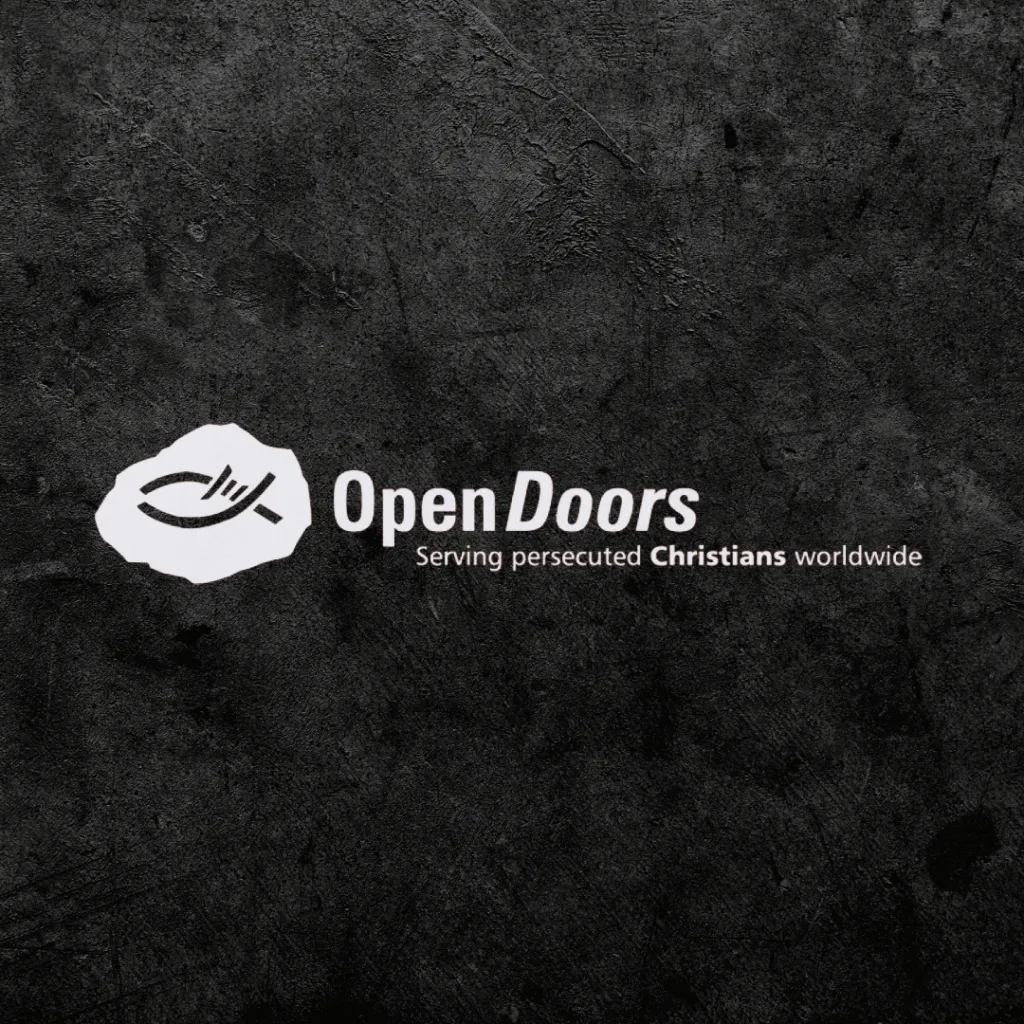
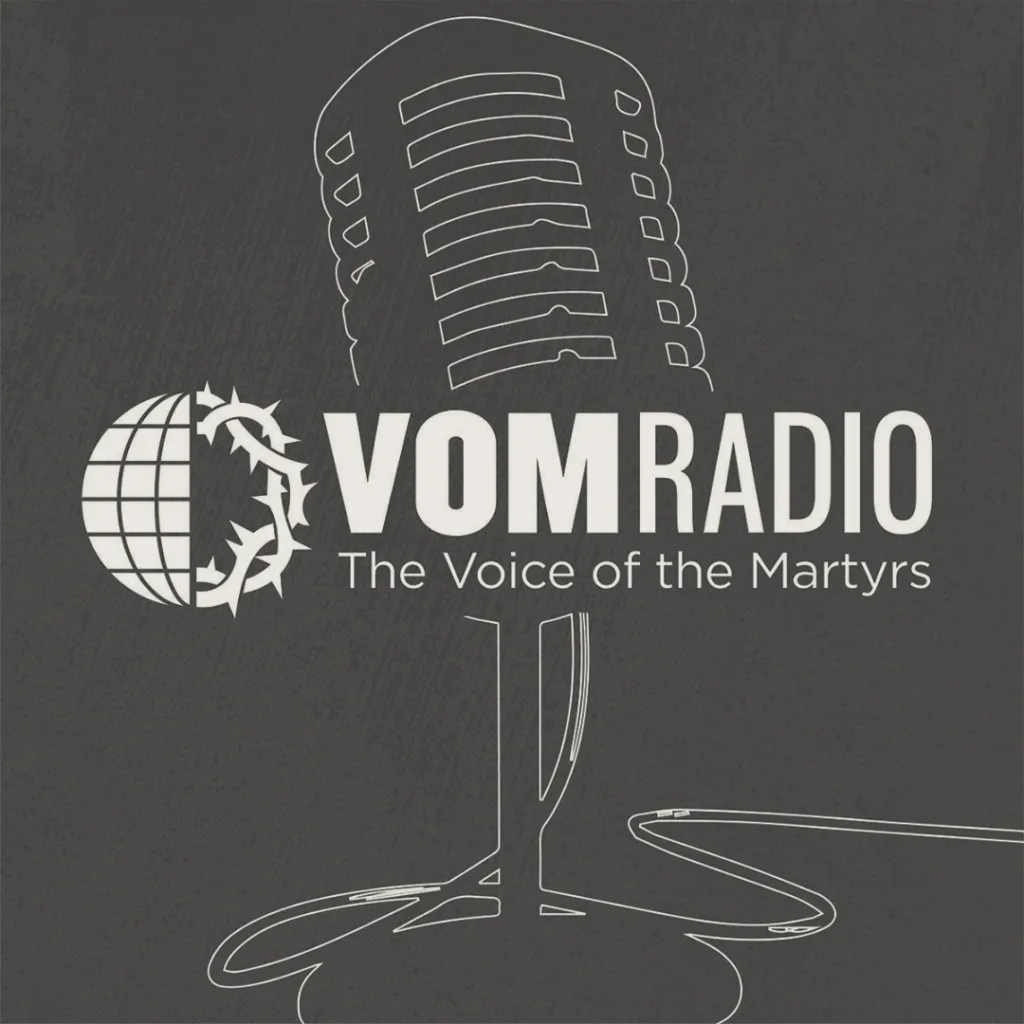





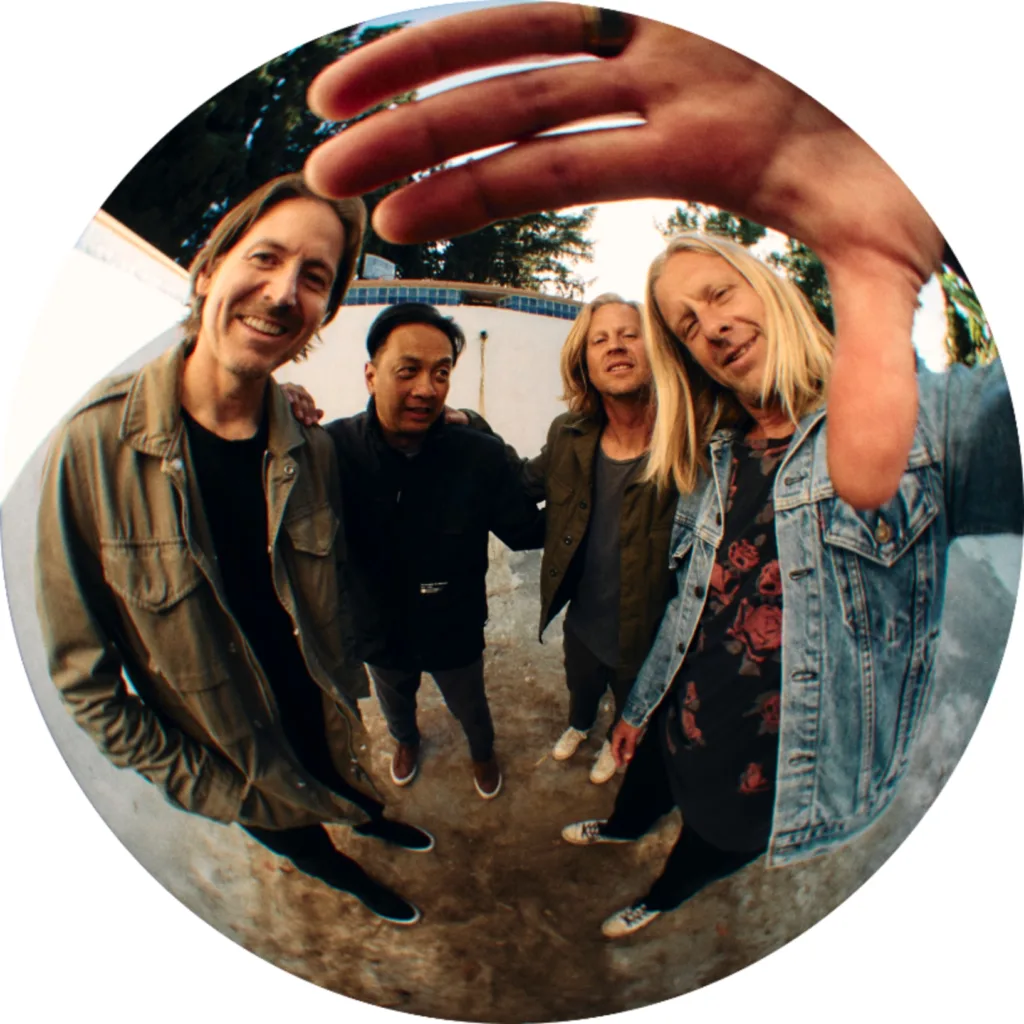



Leave a Reply